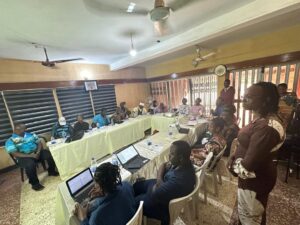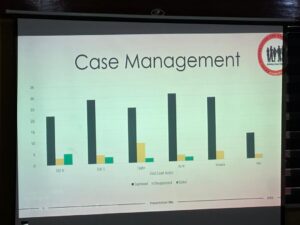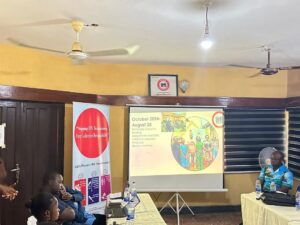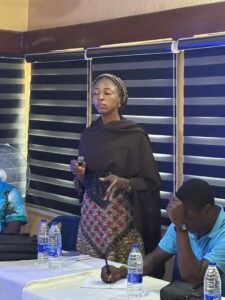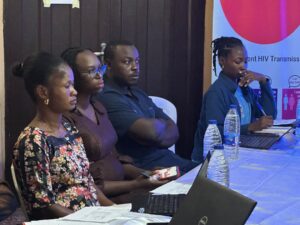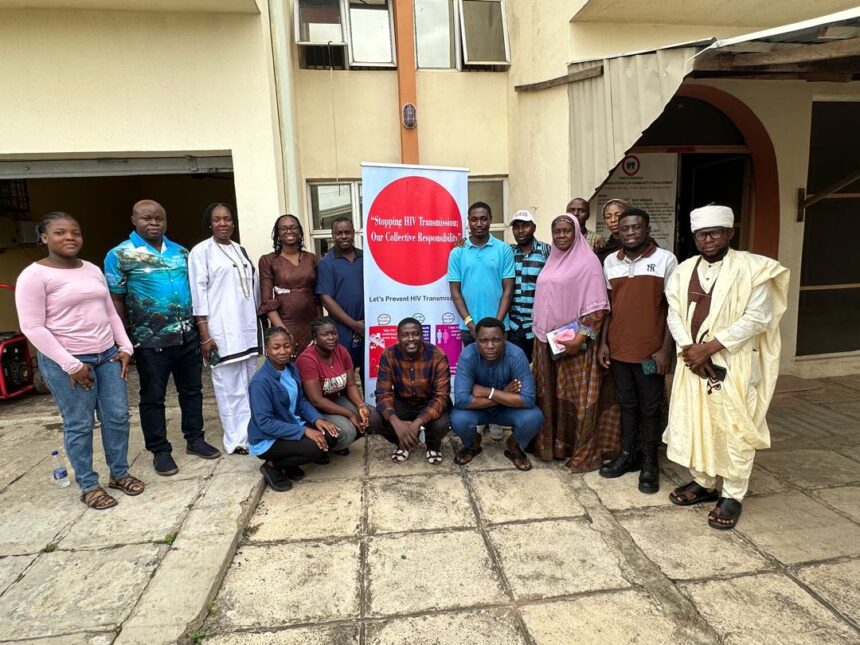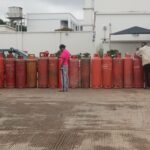The Value Re-Orientation for Community Enhancement (VARCE), through its Department of Disease Prevention and Control (DPC), has called for stronger collaboration among Civil Society Organisations (CSOs), faith leaders, and government agencies to sustain the HIV response and community resilience in Osun State.
The call was made during a CSO engagement meeting themed “Sustaining Health Gains Together: Advancing HIV Response and Community Resilience” held at the organisation’s main office in Osogbo. The meeting brought together representatives of the Osun State Agency for the Control of AIDS (OSACA), Network of People Living with HIV/AIDS in Nigeria (NEPWHAN), Association of Women Living with HIV/AIDS in Nigeria (ASHWAN), Association of Positive Youths in Nigeria (APYIN), NANETHA, and leaders from Christian, Muslim, and traditional faiths.
The session, which focused on the ECEWS SPEED Project, reviewed the progress of HIV programming in the LGAS of their Intervention, identified persisting challenges, and discussed ways to ensure sustainability amid the shrinking civic space. Participants noted that while stigma has reduced in some areas, discrimination and misinformation continue to hinder access to care and treatment adherence.
VARCE’s programme team presented data from six project LGAs; Ede North, Ede South, Irewole, Iwo, Ife North, and Ejigbo, showing improvements in case finding, ART linkage, and viral load monitoring. However, they identified persistent stigma, economic hardship, and reliance on traditional medicine as major setbacks to achieving viral suppression across the communities.
Stakeholders highlighted progress in reducing stigma but warned that reduced international funding threatens sustainability. They urged stronger partnerships between religious institutions and CSOs to strengthen advocacy and local ownership.
One of the CSOs working with people living with HIV called for the reactivation of community ART teams and mentor mother programmes, citing their crucial role in reaching hard-to-access clients.
Another group representing women and children living with HIV called attention to the need for nutrition support, continuous counselling, and the expansion of access to preventive drugs such as PrEP and PEP. The group stressed that pregnant women remain the most vulnerable and must remain a central focus to prevent mother-to-child transmission.
Youth representatives emphasised the need to integrate HIV education into school curricula and strengthen online awareness campaigns to reach adolescents. They also raised concerns about rising cases of gender-based violence, calling for safe spaces and legal support for survivors.
Picture Highlights of the training :
